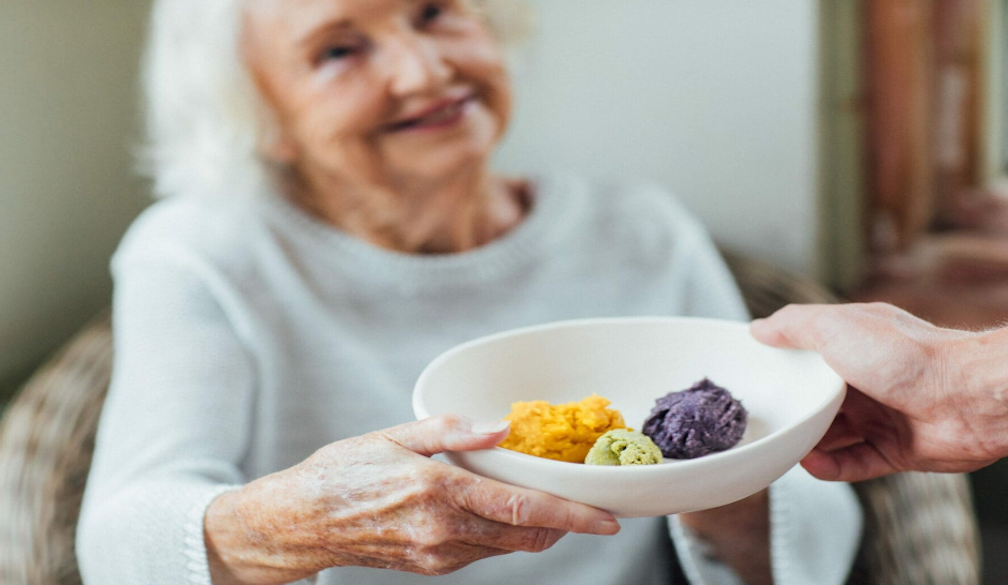The Importance of Social Connections in Aged Care: How to Stay Engaged

As we age, maintaining social connections becomes increasingly vital for our overall health and wellbeing. For older Australians living in aged care facilities, staying socially engaged plays a significant role in mental, emotional, and even physical health. This blog will explore the mental and emotional benefits of staying connected and provide practical tips for fostering social interaction in aged care settings.
The Mental and Emotional Benefits of Social Connections
- Improved Mental Health: Social engagement can significantly reduce the risk of depression and anxiety, both of which are prevalent in aged care environments. Meaningful interactions with friends, family, or caregivers provide mental stimulation, encouraging positive emotions and alleviating feelings of isolation. For those with cognitive impairments, regular social interactions have been shown to slow cognitive decline by engaging the brain in conversation and shared activities.
- Enhanced Emotional Wellbeing: Being socially connected fosters a sense of belonging and purpose, which is crucial for emotional wellbeing. Older adults who maintain strong relationships often feel more secure, valued, and supported. Positive emotional experiences can also lead to better sleep, reduced stress, and lower blood pressure.
- Prevention of Loneliness: Loneliness can be detrimental to both physical and mental health. In fact, studies have shown that chronic loneliness can be as harmful to health as smoking 15 cigarettes a day. Social interactions help reduce feelings of loneliness by creating connections that provide companionship, reducing the sense of isolation that older individuals may feel in aged care settings.
Tips for Encouraging Social Interaction in Aged Care
- Organise Group Activities: Group activities such as board games, crafting sessions, or movie nights can provide opportunities for residents to interact with one another in a fun and engaging way. Physical activities, like group exercise classes, not only improve health but also foster a sense of community. Facilities that regularly organise such activities create an environment where socialisation is natural and encouraged.
- Encourage Family and Friends to Visit: While carers and staff play a critical role in the social lives of aged care residents, family and friends offer a different kind of connection. Regular visits from loved ones help residents feel valued and included. Encourage family and friends to spend time with residents, whether in person or through phone or video calls, especially if they live far away.
- Promote Technology Use: With advancements in technology, staying connected is easier than ever. Teaching residents to use social media, video calls, or messaging apps can open up new channels of communication with family and friends, especially those who are not able to visit frequently. These tools can also help residents connect with broader communities, participate in virtual events, and maintain hobbies that are social in nature, such as book clubs or virtual classes.
- Volunteer Programs: Incorporating volunteer programs where community members or students regularly visit the aged care facility can provide an additional social outlet for residents. These interactions can be particularly beneficial for residents who may not have family or friends nearby. Volunteers can offer companionship, participate in activities, or simply sit and chat, providing a meaningful connection that can brighten a resident’s day.
- Personalise Social Opportunities: Every individual has different social needs. Some residents may enjoy large group activities, while others may prefer more intimate, one-on-one interactions. Understanding each resident’s preferences and tailoring social opportunities accordingly can ensure that everyone feels comfortable and engaged in a way that suits their personality.
- Cultural and Intergenerational Programs: Incorporating cultural activities that celebrate different traditions can help residents stay connected to their heritage while also fostering community bonds. Intergenerational programs, where children and young people visit the facility, can offer residents a chance to share stories, wisdom, and experience, creating rewarding connections across age groups.
Social connections are an essential component of a fulfilling life, particularly for those in aged care
By fostering environments where interaction is encouraged and supported, aged care facilities can significantly improve the mental and emotional wellbeing of their residents. Whether through group activities, technological aids, or volunteer programs, there are numerous ways to keep residents socially engaged and thriving.
As aged care facilities continue to evolve to meet modern needs, maintaining high aged care standards that include social and emotional support is critical to ensuring that residents live fulfilling and connected lives. Encouraging these connections is not just about preventing loneliness – it’s about creating vibrant communities where older Australians can enjoy meaningful, engaging, and joyful lives well into their later years.





